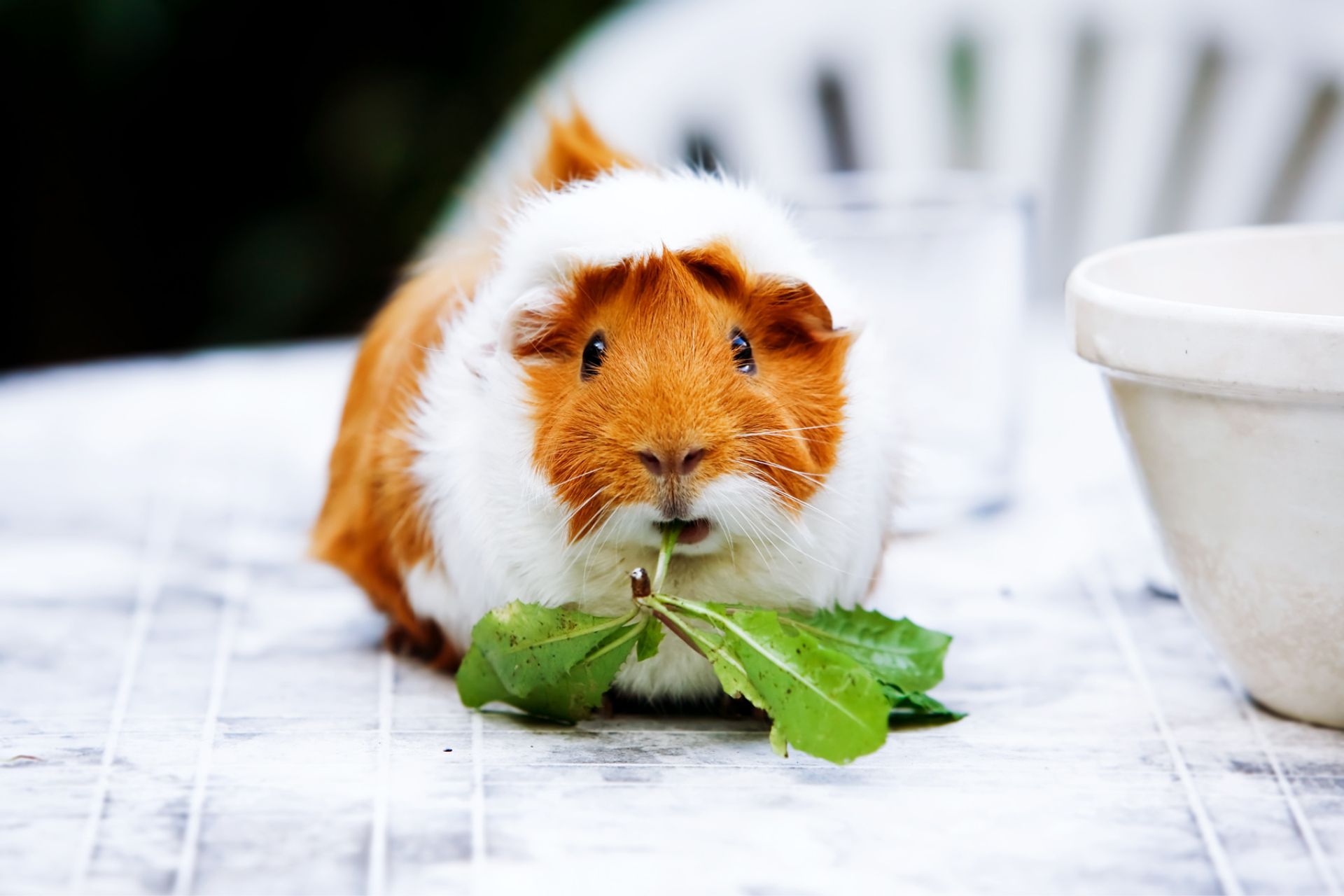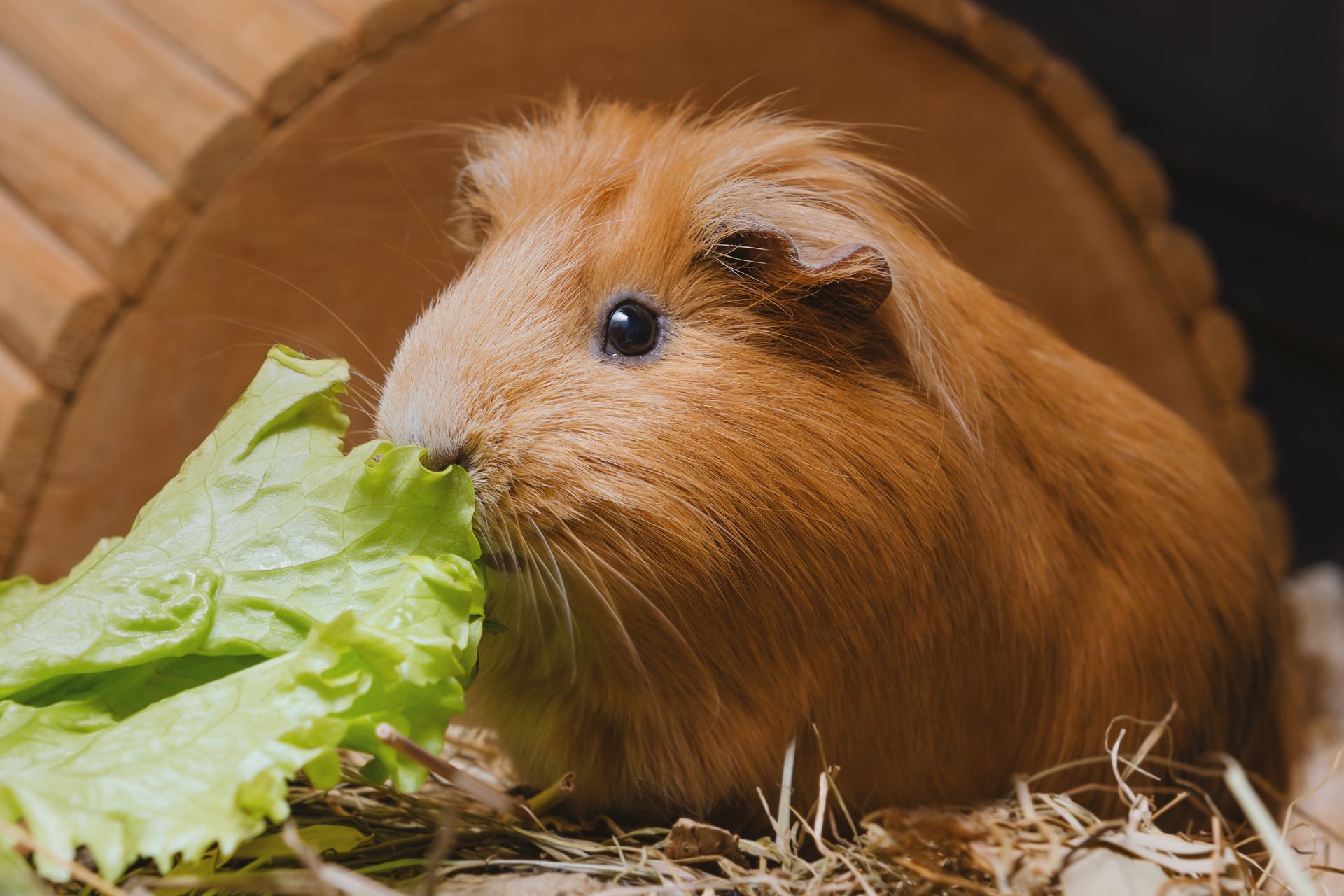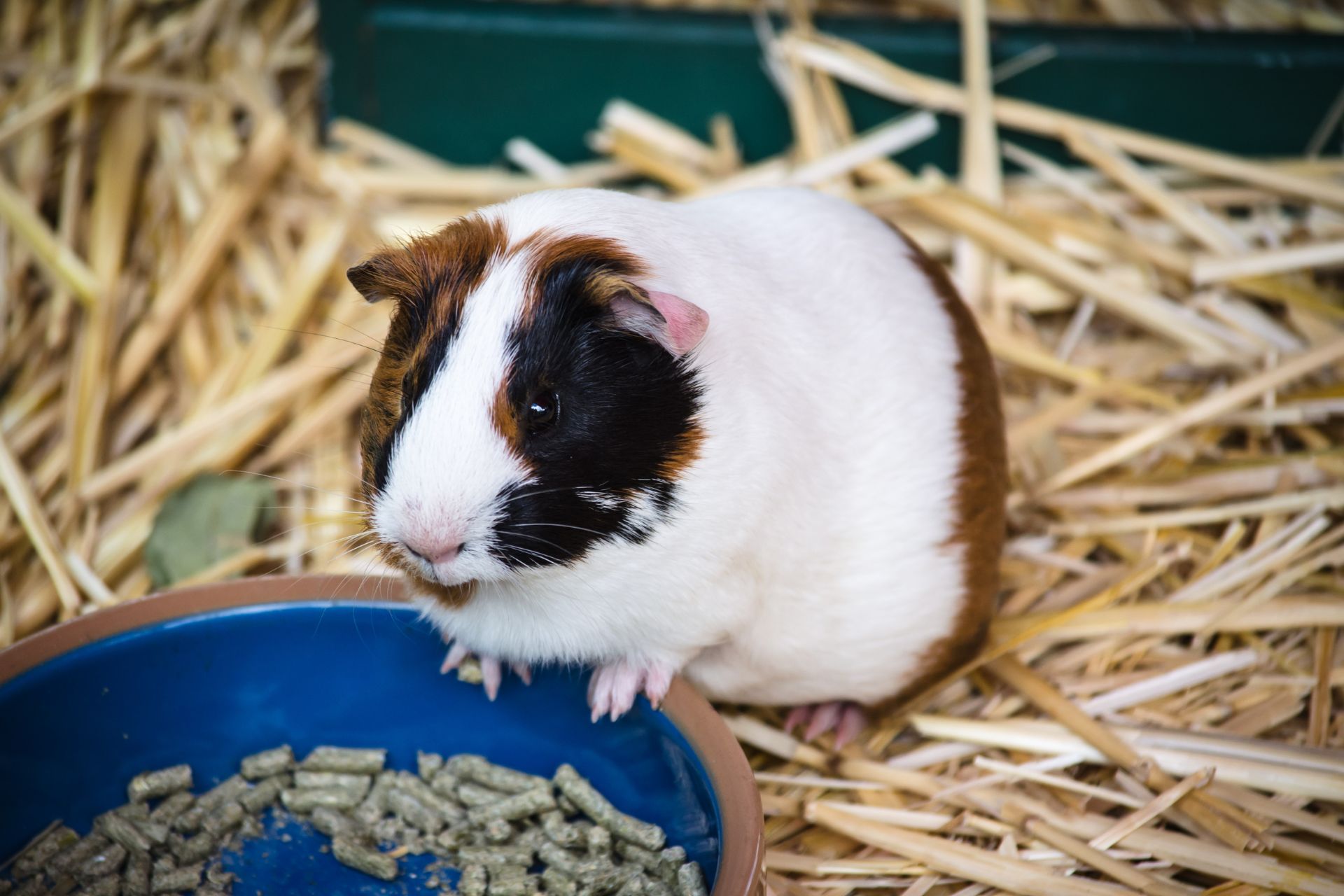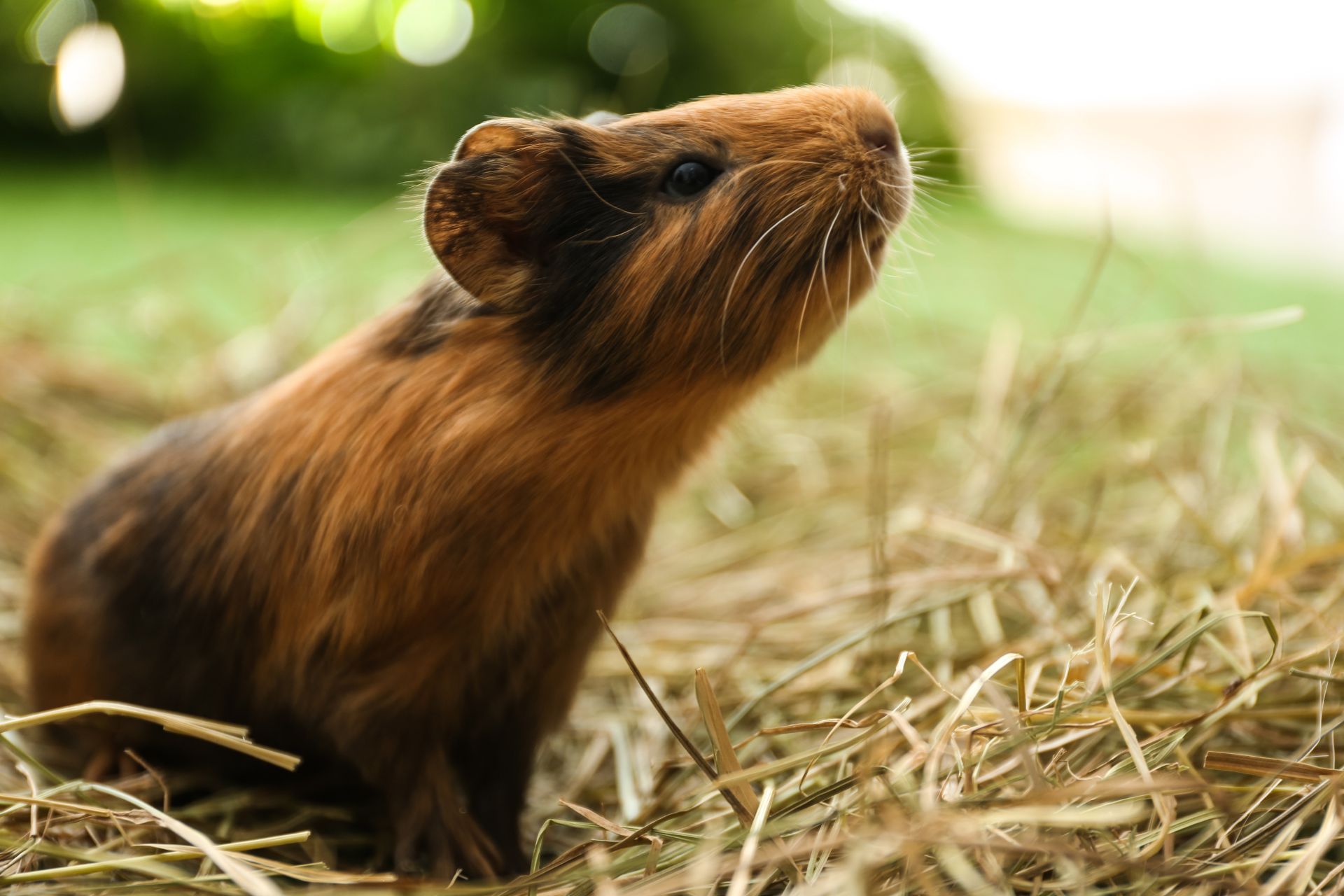Guinea pigs are adorable pets that require a balanced diet to stay healthy and happy. Provide your furry friend with a diet that includes hay, fresh vegetables, pellets, and fruits in moderation. Avoid feeding your guinea pig processed foods, dairy products, nuts and seeds, and onions and garlic. In this article, we’ll explore what guinea pigs should eat and what foods to avoid.
Introduction
Before discussing the ideal guinea pig diet, it’s vital to understand their digestive system. Guinea pigs are herbivores, which means they need a plant-based diet to survive. They have a unique digestive system that requires them to eat regularly throughout the day. In the wild, guinea pigs graze for food up to six hours a day, consuming small amounts at a time.
What should guinea pigs eat?
Hay
Hay should make up the bulk of your guinea pig’s diet. Timothy, orchard, or meadow hay are all suitable options. Hay helps wear down their teeth, which continue to grow throughout their lives. It also provides essential fiber that aids digestion and prevents gastrointestinal issues.
Fresh Vegetables
Fresh vegetables should make up around 15% of your guinea pig’s diet. Leafy greens like kale, lettuce, and parsley are excellent choices. Other vegetables like bell peppers, carrots, and cucumbers also provide essential vitamins and minerals.
Pellets
Pellets are an easy way to provide your guinea pig with all the necessary vitamins and minerals they need. Make sure to select a high-quality pellet brand that is high in fiber and low in fat and protein. Feed your guinea pig 1/8 to 1/4 cup of pellets per day, depending on their weight.
Fruits
Fruits are high in sugar and should only be given as treats in small amounts. Apples, strawberries, and blueberries are all great choices. However, make sure to remove any seeds or pits, as they can be toxic to your guinea pig.
Water
Water is crucial for your guinea pig’s health. Make sure they have access to fresh, clean water at all times. Use a water bottle instead of a dish to prevent your guinea pig from tipping it over or contaminating it.
What foods should you avoid?
Processed foods
Avoid feeding your guinea pig processed foods like candy, bread, and cereals. These foods are high in sugar and preservatives and have no nutritional value for your furry friend.
Dairy products
Guinea pigs cannot digest lactose, which means dairy products like milk, cheese, and yogurt are off-limits. These foods can cause digestive issues and should be avoided.
Nuts and seeds
Nuts and seeds are high in fat and can cause digestive problems in guinea pigs. Avoid feeding them almonds, walnuts, and other nuts and seeds.
Onions and garlic
Onions and garlic contain compounds that can damage red blood cells in guinea pigs. Avoid feeding your guinea pig any foods that contain these ingredients.
Conclusion
In conclusion, providing your guinea pig with a balanced diet is crucial for their health and well-being. Feed them a diet consisting of hay, fresh vegetables, pellets, and fruits in moderation. Avoid feeding them processed foods, dairy products, nuts and seeds, and onions and garlic. By following these guidelines and feeding your guinea pig a well-balanced diet, you’ll be able to provide them with the nutrition they need to live a long and healthy life.
FAQs
- Can guinea pigs eat bananas? Yes, but only in small amounts. Bananas are high in sugar and should be given as treats in moderation.
- Can guinea pigs eat tomatoes? Yes, but only in small amounts. Tomatoes are high in acid, so feeding them in large quantities can cause digestive problems.
- Can guinea pigs eat lettuce? Yes, lettuce is safe for guinea pigs to eat. However, iceberg lettuce has little nutritional value and should be avoided.
- Can guinea pigs eat grapes? Yes, but only in small amounts. Grapes are high in sugar, so feeding them in large quantities can cause digestive problems.
- How often should you feed your guinea pig? Guinea pigs should have access to hay and water at all times. Vegetables should be fed once or twice a day, and pellets should be fed once a day.












Join the discussion One Comment